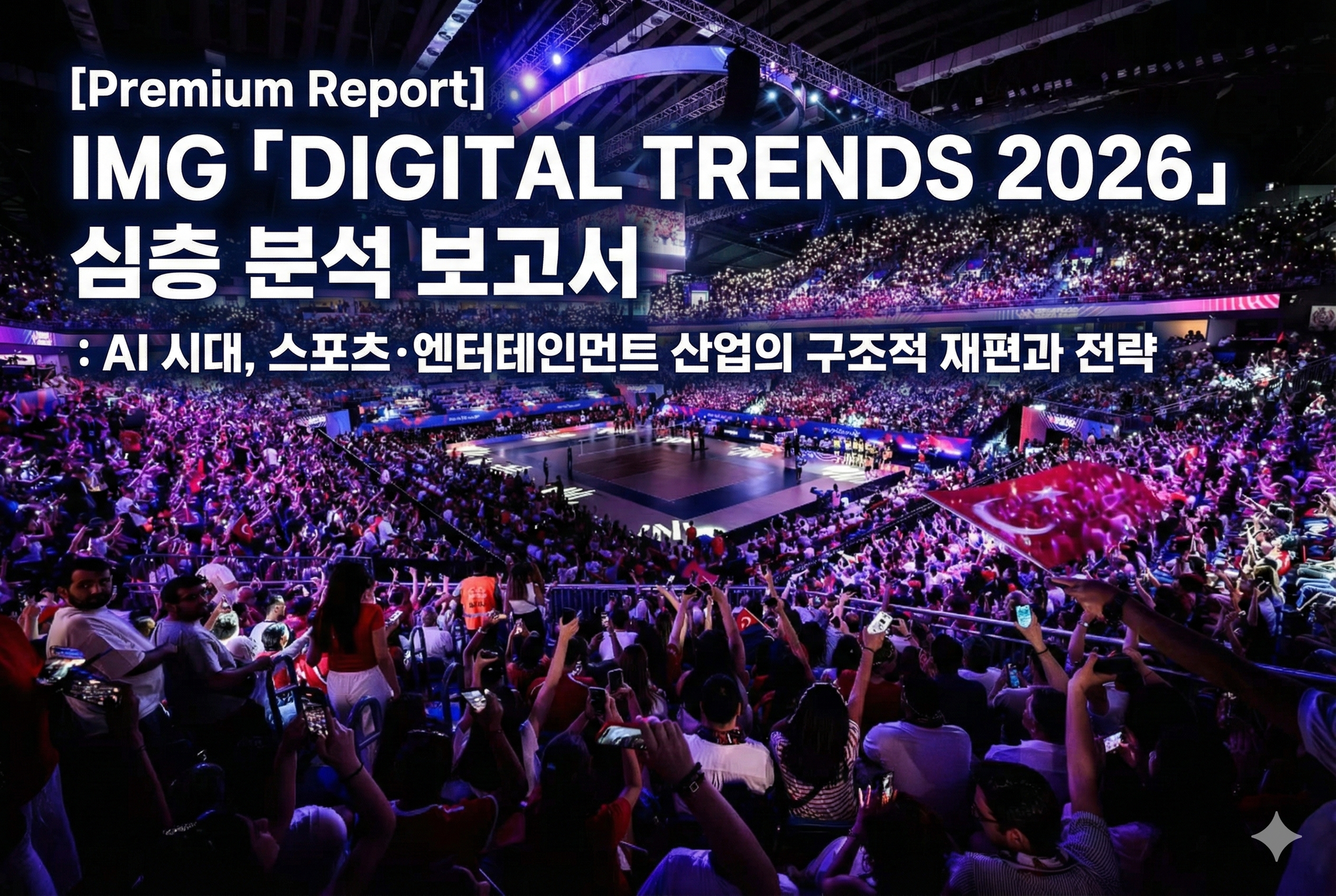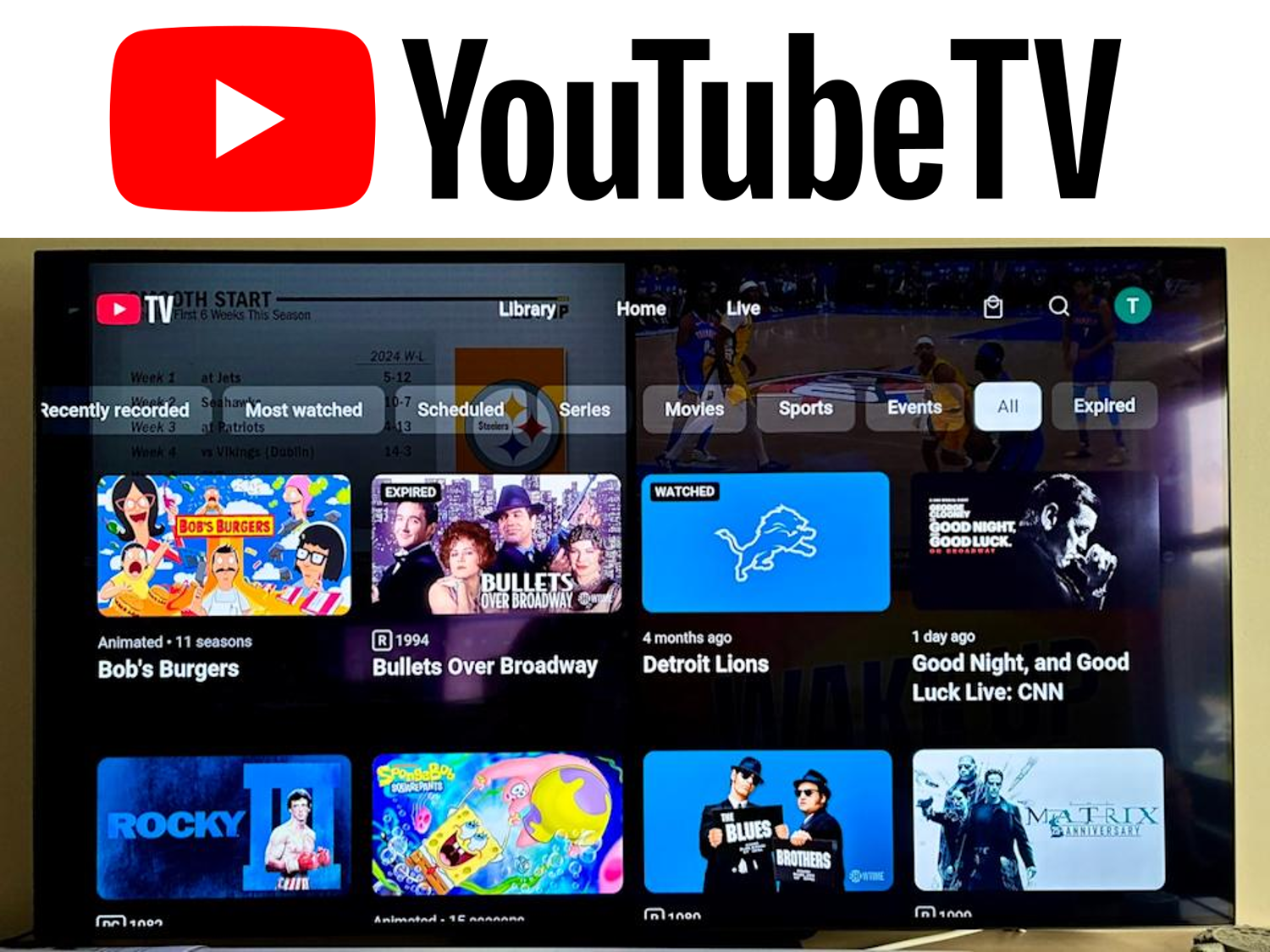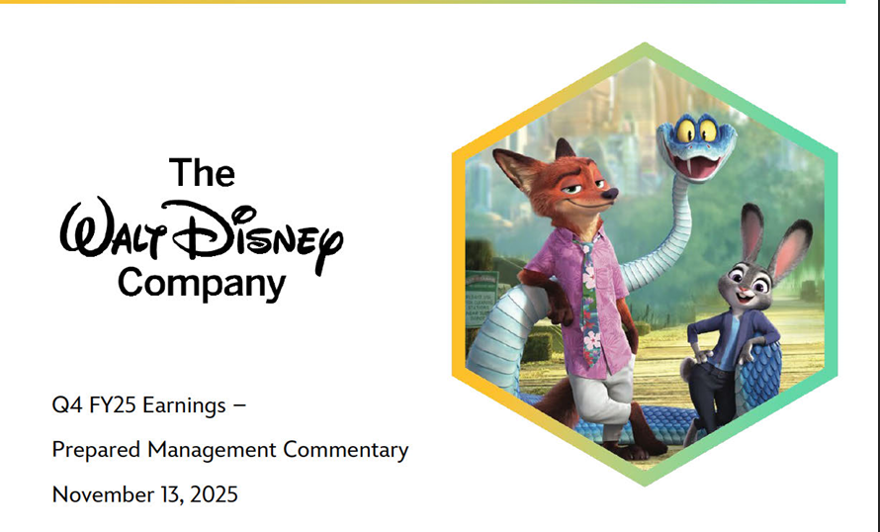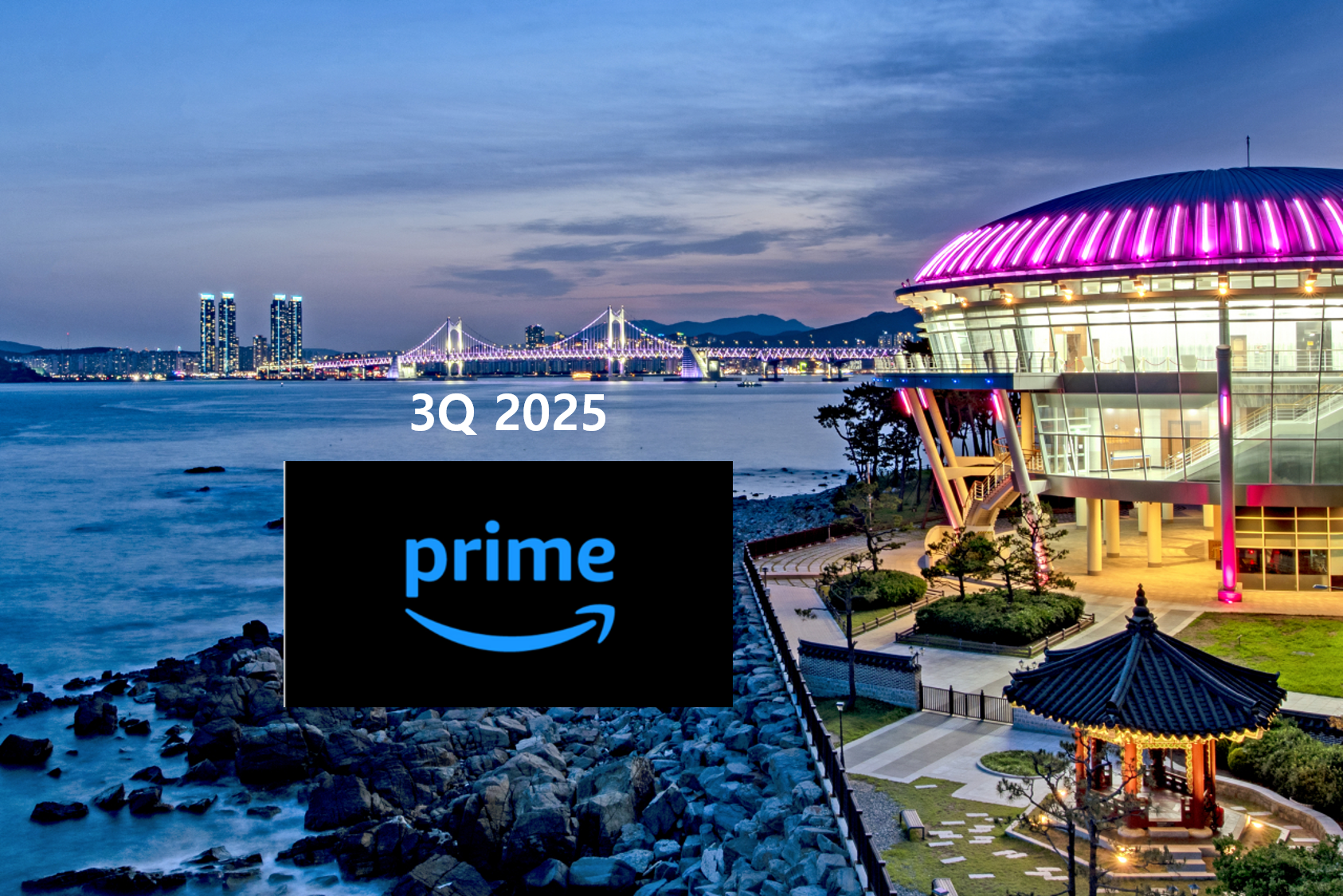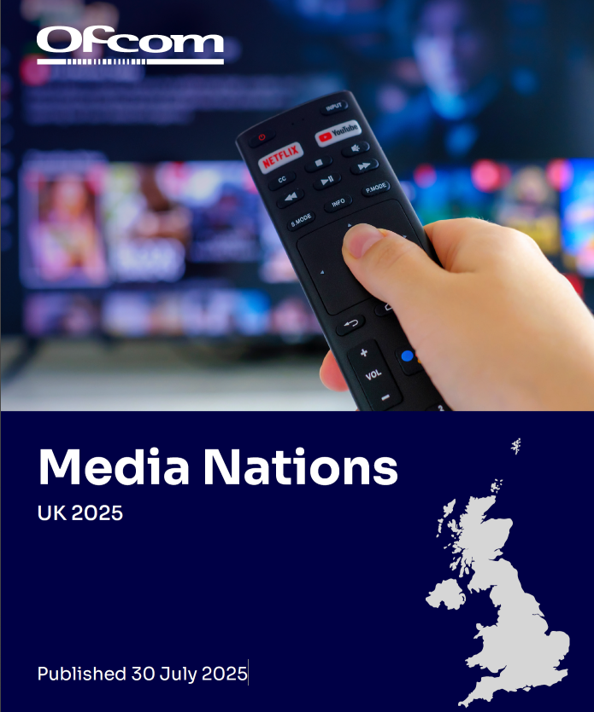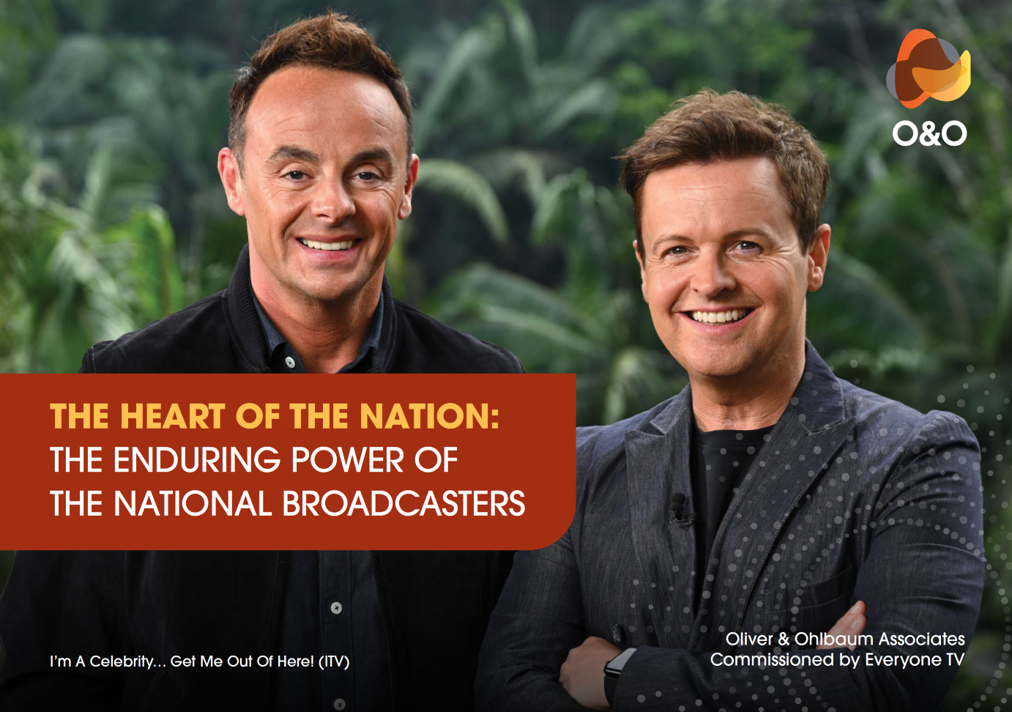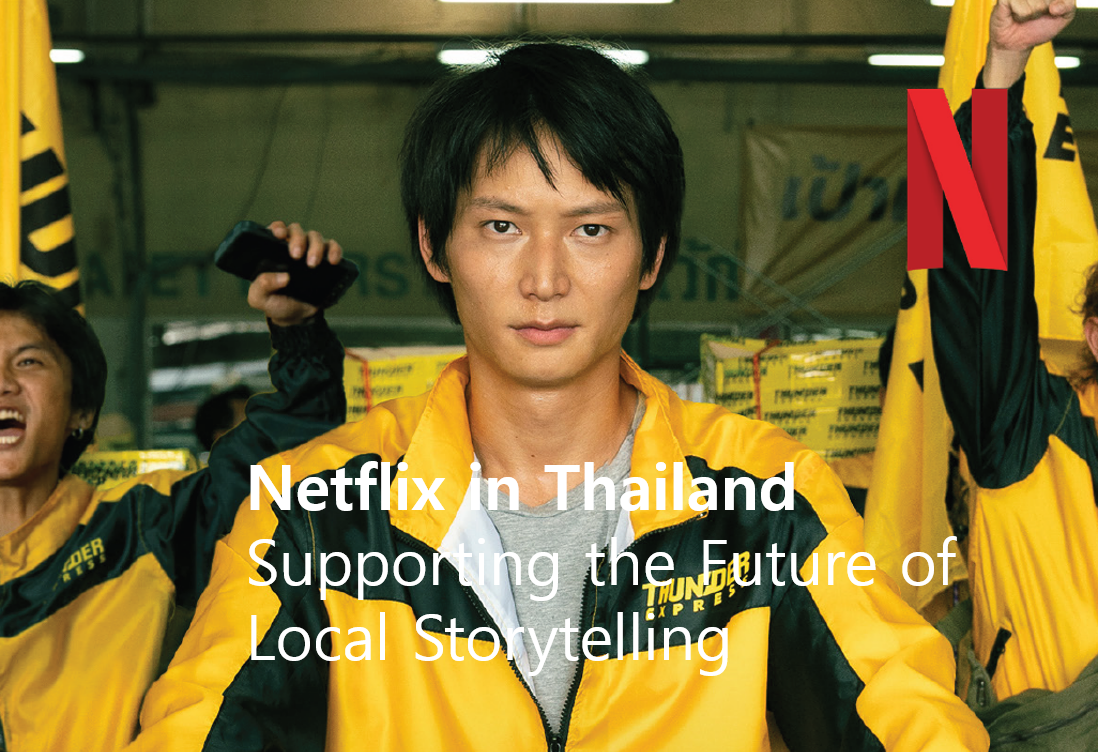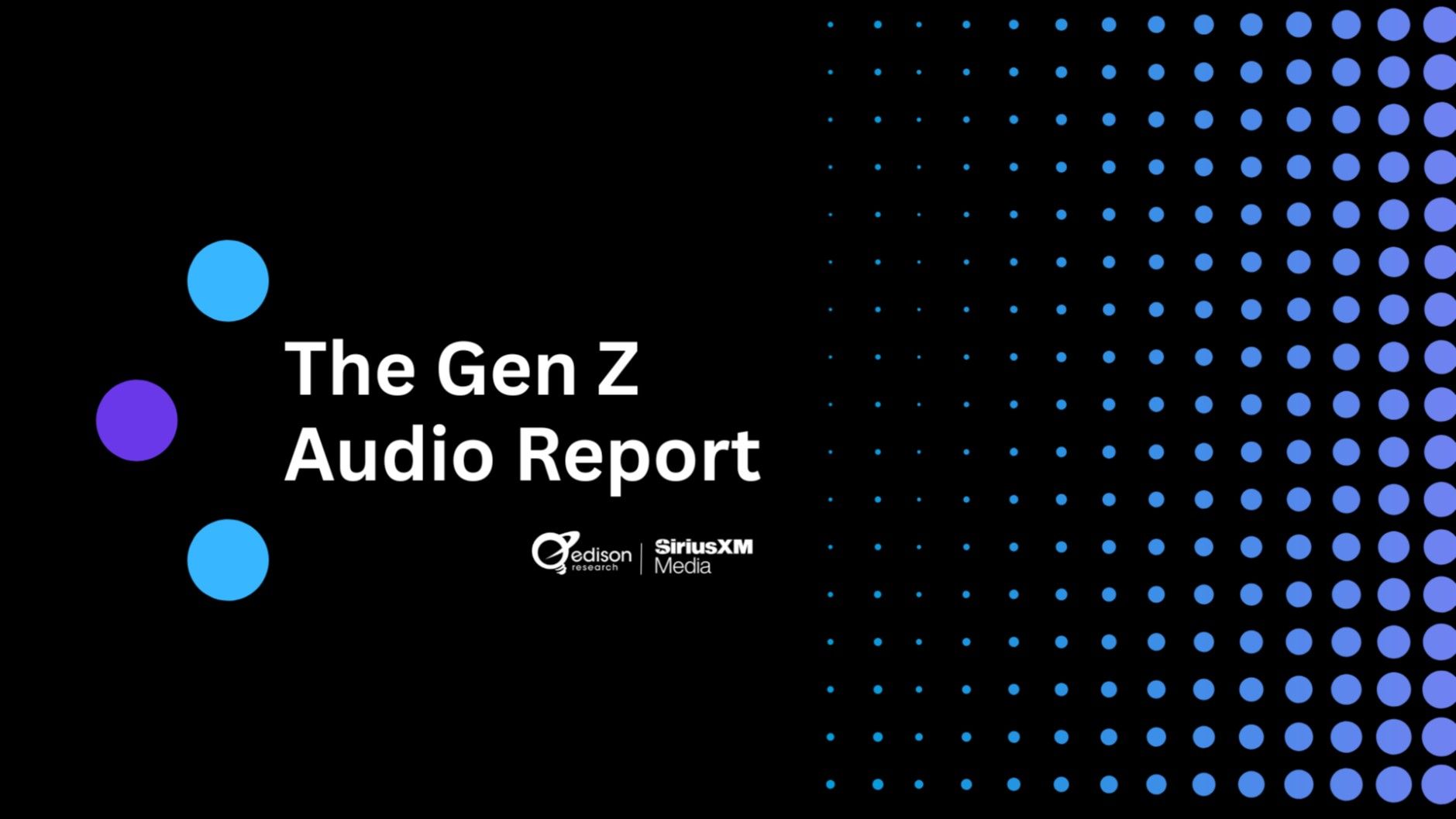유일한 K스트리밍 플랫폼 코코와(Kocowa) 박근희 대표와의 '심층 인터뷰'
주요 키워드
- 미국 거대 플랫폼 속으로 들어가 ‘브랜드 파워’를 키웠다.
- 플랫폼 비즈니스 및 워크 플로우 자동화로 비용 최소화
- ‘나혼자 산다’ 등 새로운 K콘텐츠 장르 미국에 소개
- 유럽 콘텐츠 시장은 미국과 다르다. 빨리 들어가서 경험해야...
- 동남아 시장 현지화 노력없이 접근은 곤란. 현지 사업자와 협업모델 필요
- 글로벌 거대 플랫폼 사업자의 포트폴리오 속으로 들어가야
Take away
-Build brand power by partnering with major platforms in the US.
-Minimized costs by automating platform business and workflows
-Introducing new K-content genres like "Home Alone" to the U.S.
-The European content market is different from the US. You need to get in early and experience...
-Accessing the Southeast Asian market without localization efforts is difficult. Need a collaborative model with local operators
Get into the portfolio of a global platform giant
글/정리 고삼석(Dr. Samseog Ko)
전 세계적으로 K콘텐츠 인기가 상종가를 기록하고 있다.
K드라마에서 시작된 한류가 K팝을 통해서 폭발적으로 확산되고, K푸드와 K뷰티를 매개로 각국의 문화와 융합되면서 이제 한류는 ‘우리’와 ‘그들’을 하나로 묶어주는 단단한 연결고리가 되고 있다.
한류의 큰 성과에도 불구하고 아쉬운 점이 없지 않다. K콘텐츠의 글로벌 파워를 뒷받침할 ‘K플랫폼 파워’가 없다는 점은 한류의 가장 큰 약점이자, 우리가 풀어야 할 숙제이다. 넷플릭스 등 글로벌 OTT 플랫폼에 전적으로 의존하고 있는 K콘텐츠 산업의 현실은 한류의 지속가능성까지 의심받게 만들고 있다.
이런 상황에서 지난 2017년 미국에서 설립된 K콘텐츠 플랫폼 KOCOWA(Korea Content Wave, 이하 ‘코코와’)는 K콘텐츠에게 사막 한 가운데 오아시스이자, 글로벌 전진기지 같은 존재이다. 2022년말 웨이브에 인수된 코코와는 구글, 아마존, 컴캐스트, 버라이즌 등 미국 메이저 미디어들과 제휴를 통해서 K콘텐츠를 미주 전역에 서비스하고 있다.
초기 자본금 150억원을 종자돈으로 서비스를 시작한 코코와는 출범 4년 차인 2021년 흑자를 기록하며 국내외 콘텐츠 시장에 신선한 충격을 주었다. 그리고 2024년 4월 코코와는 유럽, 오세아니아로 진출하면서 마침내 ‘최초 글로벌 토종OTT’라는 타이틀을 달게 되었다. 코코와는 유럽 콘텐츠 시장 진출을 시작으로 향후 중동, 북아프리카까지 진출을 계획하고 있다.
‘고삼석이 만난 사람’ 첫 번째 주인공은 바로 토종 글로벌 OTT 코코와를 이끌고 있는 박근희 대표이다. 박대표를 만나 그가 코코와 대표로 재직하면서 이룬 성과와 앞으로 계획을 들어봤다.
국내 일정이 있어서 잠깐 귀국한 박대표를 상암동에 있는 코코와 서울사무실로 찾아갔다. 남들이 하지 못한 일을 끝내 성취한 사람에게는 ‘특별한 무엇’이 있을 것으로 생각하면서 그것을 찾기 위해 대화를 시작했다.
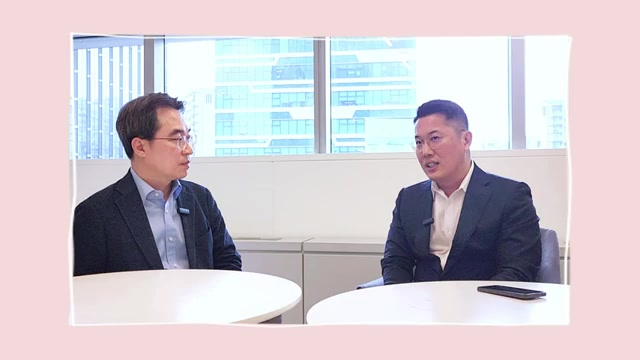
The popularity of K-content around the world is at an all-time high. The Korean Wave, which started with K-dramas, exploded through K-pop, and fused with other cultures through K-food and K-beauty, has become a strong link between "us" and "them".
Despite its great achievements, the Korean Wave is not without its shortcomings. The lack of 'K-platform power' to support the global power of K-content is the biggest weakness of the Korean Wave, and a challenge we need to solve. The reality of the K-content industry, which is completely dependent on global OTT platforms such as Netflix, has led to doubts about the sustainability of the Hallyu.
In this situation, Korea Content Wave (KOCOWA), a K-content platform founded in the U.S. in 2017, is an oasis in the desert for K-content and a global forward base. Acquired by Wave in late 2022, KOCOWA has partnered with major U.S. media companies such as Google, Amazon, Comcast, and Verizon to distribute K-content across the Americas.
KOCOWA is a subscription video streaming platform in the Americas, launched in 2017, with primary audiences in the United States, Mexico, Brazil, South America, UK, EU, and Oceania. KOCOWA+ provides a robust lineup of over 40,000 hours of Korean Dramas, Movies, Reality, and K-Pop content in multiple languages on its direct platform.(www.kocowa.com)
With an initial capital of 15 billion won ($15 million), Kocowa made a fresh impact on the domestic and international content market by posting a profit in 2021, its fourth year of operation. And in April of this year, Kocowa expanded to Europe and Oceania, finally earning the title of 'first global native OTT'. After entering the European content market, Kocowa plans to expand to the Middle East and North Africa in the future.
The first guest of 'People Samseog Ko Met' is Mr. Park, who leads the Korea global OTT
We caught up with Park to find out what he has accomplished as CEO of Kocowa and what he plans to do in the future.
We met him at Kocowa office in Sangam-dong, Seoul, after a brief return from a trip to Korea. We thought there must be something "special" about someone who has accomplished what others have not, and we started our conversation to find it.
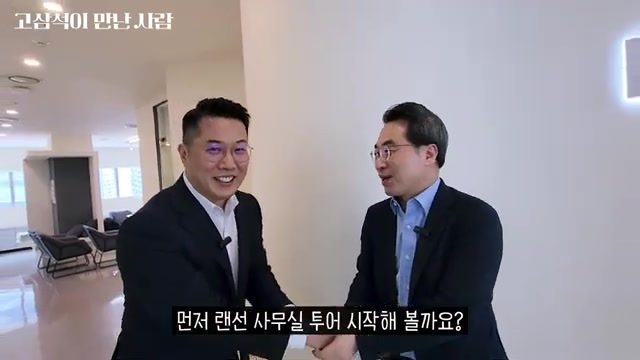
고삼석 동국대 석좌교수(이하 “고”) 박대표님, 반갑습니다. 미국에서 만난 이후 서울에서 다시 만나니 더욱 반갑습니다. 생각했던 것보다 서울사무실이 큽니다. 본사가 LA에 있는데 서울사무실의 역할은 무엇입니까?
박근희 코코와 대표(이하 “박”) 코코와 서울사무실은 오픈 스페이스로 설계를 했습니다. 아무래도 코코와가 주로 한국 콘텐츠를 공급하다보니 비즈니스 차원에서 꼭 필요합니다. 그리고 코코와는 단순히 콘텐츠만 공급하는 것이 아니라, 콘텐츠 테크(Technology) 기업입니다. 때문에 개발자들이 많이 필요한데, 한국 개발자들이 가장 뛰어납니다. 콘텐츠 비즈니스에 필요한 기술개발은 콘텐츠에 대한 이해도가 굉장히 중요한데, 한국 엔지니어들은 그런 면에서 강점이 있습니다. 여기에 있는 개발자들은 LA 본사에 근무하는 개발자들과 실시간 소통하면서 필요한 기술들을 신속하게 개발하고 있습니다.
서울사무실은 24시간, 365일 계속 근무하면서 글로벌 서비스를 책임지고 있습니다. 저희 모토가 ‘한국에서 송출된 방송을 가장 먼저 현지에 내보내자’는 것입니다. 코코와가 가장 빠르게 현지화되어 글로벌로 나가는 플랫폼이다보니 이런 시스템이 굉장히 중요합니다. 한국 방송 후 8시간이 지나면 미국 동부 시간 기준으로 프라임 타임이 됩니다. 그리고 미국 프라임타임 전 현지화 된 자막, 메타 데이터 작업, 포스터 등을 붙여서 서비스가 오픈되다보니 해적판 플랫폼이 많이 사라지게 된 것 같습니다.
Dr. Samseog Ko, Distinguished Professor at Dongguk University (hereinafter referred to as "Dr. Ko"), it's a pleasure to meet you. It's great to see you in Seoul after meeting in the U.S. The Seoul office is bigger than I expected. What is the role of the Seoul office given that your headquarters is in LA?
Kunhee Park, CEO of Kocowa (hereinafter "Park") Kocowa's Seoul office was designed as an open space. This is necessary for our business because we mainly supply Korean content, and we are not just a content provider, but a content technology company. Therefore, we need a lot of developers, and Korean developers are the best. The technology development required for the content business is very important to understand the content, and Korean engineers have strengths in that regard. Our developers here are in real-time communication with our developers in LA to quickly develop the technologies we need.
The Seoul office is responsible for global services, working 24 hours a day, 365 days a year. Our motto is, "Let's be the first to localize what's broadcast from Korea. This is very important because Kocowa is the fastest platform to localize and go global.
Eight hours after the Korean broadcast, it's prime time in the U.S. Eastern time, and I think a lot of pirate platforms have disappeared because we've been able to put up localized subtitles, metadata work, posters, etc. before the U.S. prime time.
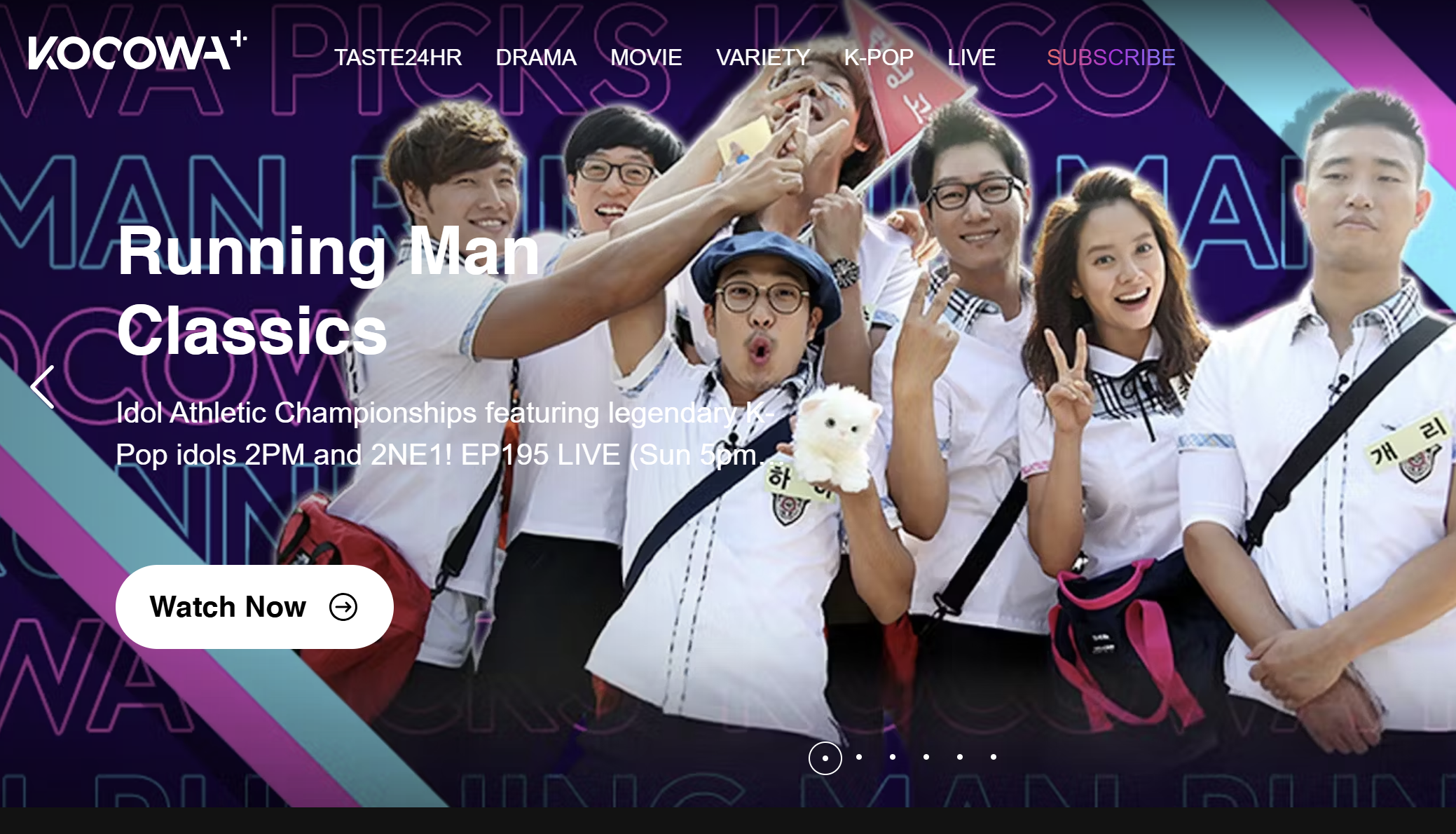
[코코와의 4년 성공기]
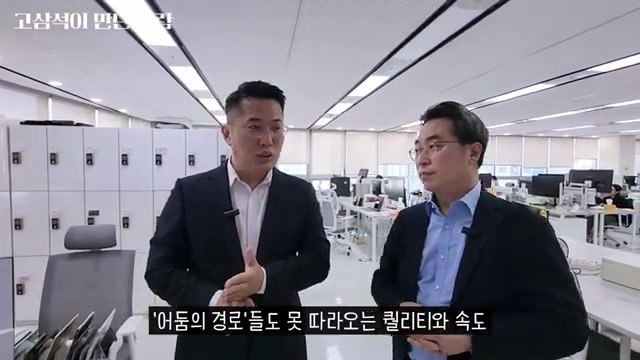
고: 2017년 코코와가 설립되고, 2021년 출범 4년만에 흑자를 기록했습니다.
콘텐츠와 OTT의 고향인 미국 본토에서 큰 성과를 거뒀고, 이제 그걸 넘어서 금년 4월 유럽에 진출했습니다. 그동안의 소회와 성과를 말씀해 주시고, 특히 코코와의 성공 비결은 무엇이라고 생각하십니까?
박: 코코와가 지난 7년 동안 무명에 가까울 정도로 한국에서 알려지지 않았고, 해외시장 개척에만 집중했습니다. 코코와가 단지 미국 교민을 대상으로 서비스를 제공하고 있는 회사로 착각하시는 분들이 굉장히 많습니다.
일단 북미에서는 한국 콘텐츠라고 하면 코코와를 떠올리는 공식을 만들었습니다. 미국 파트너사와 협력을 통해서 현지인들에게 그런 브랜드 경험을 전달했고, 브랜드 가치를 만들어냈다는데 큰 의미가 있습니다. 북미에서 사업을 하고 있다는 것은 가장 선진화된 시장을 이해했다는 뜻이 됩니다. 그리고 7년 동안 살아남아 있다는 것 자체가 굉장히 큰 의미를 갖는다고 생각합니다.
흑자를 달성한 것은 성장을 목표로 해야 하는 신생 플랫폼의 경영자로서 당연히 추구해야 하는 목표입니다. 그러나 경영 성과나 치적으로 삼기에는 아직 부끄러운 주제라고 생각합니다. 성공이라고 말씀드리기는 조금 이르지 않나 생각합니다. ‘흑자’라는 단어는 비즈니스의 영속성을 보여주고, 지난 7년 간의 성과를 인정받기 위한 하나의 신호로만 인식해 주시면 고맙겠습니다.
종합해서 말씀드리면 코코와가 거둔 성과는 개방적인 글로벌 플랫폼 파트너십 전략, 콘텐츠 제공자들에게 매출 성과에 따른 투명한 이익 배분과 실시간으로 분석된 데이터 제공, 그리고 유연하고 선진적인 플랫폼 설계로 인한 운영비 감소가 절묘하게 맞아 떨어진 결과라고 자평하고 싶습니다.
박대표의 말대로 하루에도 수 많은 콘텐츠 기업들이 시장에 등장하고 퇴장하는 상황에서 출범 7년에 불과한 코코와가 미국 콘텐츠 시장에서 성공했다고 단정짓는 것은 어쩌면 성급한 일인지 모르겠다. 그러나 거대 미디어 기업들이 즐비한 미국 콘텐츠 시장에서 7년 동안 생존하고, 거기에 흑자를 달성했다는 것만으로 큰 의미를 갖는다. OTT 플랫폼이 단순한 B2C 서비스를 넘어 수많은 B2B 파트너와 협업으로 관리해야 하는 비즈니스 및 미디어 워크 플로우는 최소 400개 이상이라고 한다.
대부분의 OTT 플랫폼들이 이를 수동으로 관리하고 있지만, 코코와는 이 부분들을 최대한 자동화하여 B2C 서비스만 제공하고 있는 다른 OTT 플랫폼 대비 10% 수준의 인력으로 모든 미디어 프로세싱을 관리하는 등 비용을 크게 절감하고 있다. 이 사례는 글로벌 미디어 컨퍼런스나 포럼에서 ‘성공 사례’로 자주 소개되고 있다. 특히 코코와의 자본이 부족한 상황에서 박대표가 선택한 ‘콘텐츠 강점을 활용한 브랜드 전략’은 매우 인상적이었다.
Dr. Ko: Kocowa was founded in 2017, and in 2021, after only four years in business, you're in the black. You've made great strides in the U.S., the home of content and OTT, and now you've moved beyond that and entered Europe in April of this year. Can you tell us a little bit about your journey so far, and what do you think has been the key to Kocowa's success?
Park: For the past seven years, Kocowa has been almost unknown in Korea, and we've been focusing on developing overseas markets. There are a lot of people who mistakenly think that we are just a company that provides services to the American community, but we have created a formula that people in North America think of Kocowa when they think of Korean content.
It is very important that we have been able to deliver that brand experience to the locals through cooperation with our American partners and create brand value. Doing business in North America means that we understand the most developed market, and I think it means a lot that we've survived for seven years.
Being in the black is a natural goal for a young platform that should be aiming for growth, but I think it's still a bit of an embarrassing topic to talk about as a management achievement or a milestone. I think it's a bit early to call it a success. I think the word "in the black" should be seen as a sign of the longevity of the business and a recognition of our achievements over the past seven years.
To sum up, I would say that Kocowa's achievements are the result of a combination of an open global platform partnership strategy, transparent profit distribution to content providers based on revenue performance and real-time analyzed data, and reduced operating costs due to a flexible and advanced platform design.
As Mr. Park said, with so many content companies entering and exiting the market every day, it may be a bit hasty to conclude that Kocowa, which is only seven years old, has succeeded in the U.S. content market, but the fact that it has survived for seven years in the U.S. content market, where there are so many media giants, and achieved profitability is significant.
There are at least 400 business and media workflows that OTT platforms need to manage, not just B2C services, but in collaboration with numerous B2B partners.
While most OTT platforms manage this manually, Kocowa automates as much of it as possible, resulting in significant cost savings, including managing all media processing with 10% less staff than other OTT platforms that only provide B2C services. This case is often presented as a 'success story' at global media conferences and forums. Especially in the context of Kocowa's lack of capital, Park's brand strategy of "leveraging the strength of content" was very impressive.
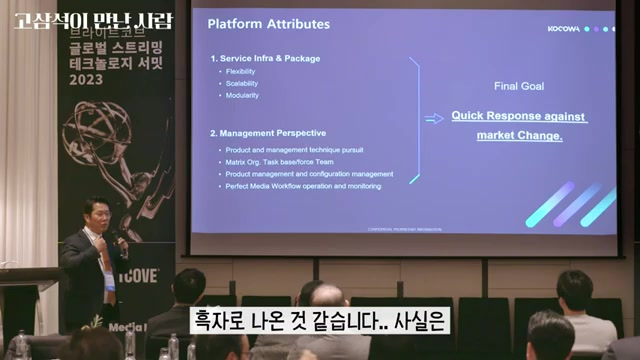
고: 코코와 브랜드를 독자적으로 키우는 전략보다는 컴캐스트, 아마존 등 미국의 거대한 플랫폼에 들어가는 소위 ‘플랫폼 인 플랫폼’(브랜드 에브리웨어) 전략으로 마케팅을 하고, 이용자들을 확보하는 전략을 택한 이유는 무엇입니까?
박: 코코와의 자본금이 열악했기 때문입니다. 미국 오프라인에서 버스 정류장 의자 광고만으로 코코와의 초기 자본금 150억원을 한 번에 쓸 수 있습니다. 미국의 거대 미디어 기업들은 마케팅 예산으로 수천억원을 쓰고 있습니다. 그래서 전통적인 마케팅을 통해서 브랜드를 알리기 보다는 우리가 갖고 있는 콘텐츠의 강점을 이용해서 특정한 브랜드를 만들어내고, 그 브랜드를 저희 파트너사를 통해서 이용자에게 전달하는 전략을 택한 것입니다.
잘 알려지지 않은 신생 플랫폼을 처음 접하는 이용자들은 불법으로 오인하기 쉬운데, 대형 사업자와 협업을 하면 브랜드 경험을 확대하고 동시에 신뢰도를 쉽게 구축할 수 있는 장점이 있습니다. 이를 위해 콘텐츠 라이브러리를 모은 다음, 코코와라는 브랜드를 만들고 미국 대형 사업자들에게 어필을 했죠. B2B 파트너들을 발굴하는 과정에서 초기에는 문전박대도 많이 당했는데, 이에 굴하지 않고 끊임없이 제품 형태를 다듬으면서 도전한 것이 브랜드 에브리웨어 전략으로 주효했던 것 같습니다. 이런 전략으로 인해서 재무적으로 상당히 많은 마케팅 비용을 절감할 수 있었습니다.
Dr. Ko: Why did you choose the strategy of marketing and acquiring users with a so-called "platform-in-platform" (brand everywhere) strategy, entering the giant platforms in the U.S. such as Comcast, Amazon, etc., rather than a strategy of growing kocowa and the brand on its own?
Mr. Park: This was because Kocowa was undercapitalized. In the U.S. offline, you can spend 15 billion won of Kocowa initial capital just by advertising on bus stop.
The big media companies in the U.S. spend hundreds of billions of dollars in marketing budgets, so rather than trying to spread our brand through traditional marketing, we chose a strategy of creating a specific brand using the strength of our content and delivering it to users through our partners.
It's easy for users who are new to a new, unknown platform to mistake it for something illegitimate, and working with a large operator is an easy way to amplify the brand experience and build credibility at the same time. We assembled a library of content, created a brand called CocoWa, and pitched it to large U.S. operators. We faced a lot of resistance in the early stages of finding B2B partners, and I think it was our brand everywhere strategy that helped us stay focused and constantly refine our product. This strategy has saved us a lot of money financially, and we've been able to save a lot of marketing costs.
고: 코코와의 캐치프레이즈이자 플랫폼의 정체성을 한마디로 정의하면 ‘K엔터테인먼트의 최종 목적지’(The Ultimate Destination for Korean Entertainment)라고 할 수 있습니다. 의미가 좋은데, 박대표께서 직접 만들었습니까?
박: 제가 만든 것은 아니고 우리 회사 마케팅 담당자가 만들었습니다. 코코와 출범 전에는 주로 넷플릭스가 미국에 한국 콘텐츠를 소개했습니다. 그래서 많은 미국의 주류 가정들이 넷플릭스에서 한국 콘텐츠를 보게 되었고, 좀 더 한국 콘텐츠를 소비하고 싶은 사람들은 자연스럽게 구글이나 소셜 미디어를 통해서 찾아보게 됩니다. 미국인들이 한국 콘텐츠 소비를 불법 플랫폼에서 시작했는지, 넷플릭스나 유튜브에서 시작했는지 모르겠으나, K콘텐츠 소비의 최종 종착지는 코코와가 될 것이라는 전략과 비전을 캐치프레이즈로 표현했습니다.
Dr. Ko: Kocowa's catchphrase and the platform's identity is "The Ultimate Destination for Korean Entertainment". It has a good meaning, but did you coin it yourself?
Mr. Park: I didn't make it, but our marketing people did. Before Kocowa, it was mainly Netflix that introduced Korean content to the U.S. So a lot of mainstream American households saw Korean content on Netflix, and people who wanted to consume more Korean content would naturally look for it through Google or social media. I don't know if Americans started consuming Korean content on illegal platforms or on Netflix or YouTube, but our strategy and vision was expressed in the catchphrase that the final destination for K-content consumption would be Kocowa.
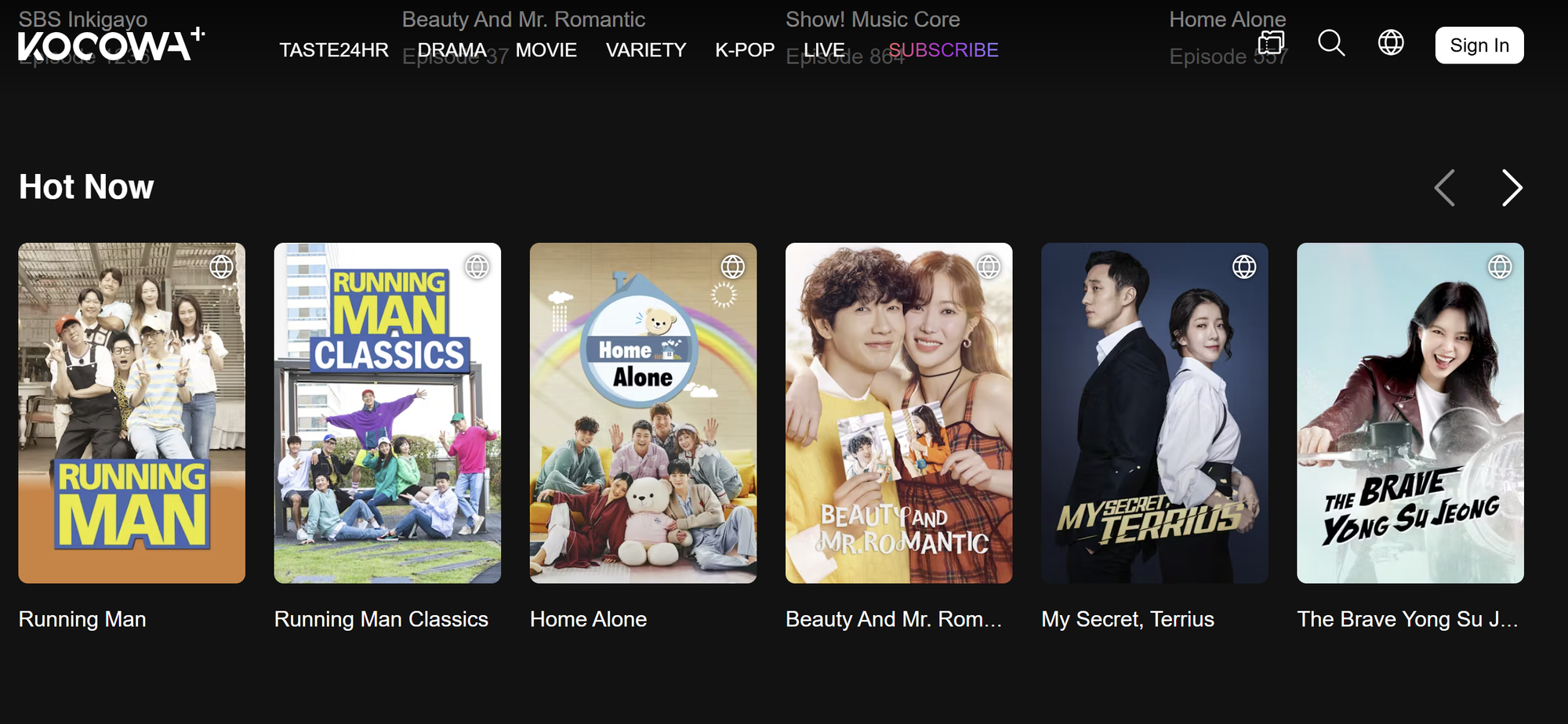
고: 좀 더 구체적으로 들어가보죠. 미국 이용자들에게 접근할 때 ‘이런 콘텐츠나 장르면 통할 수 있겠다’라는 전략이 있었을텐데요. 아니면 ‘이런 콘텐츠가 통했다’는 사례가 있습니까? 소개를 좀 해 주시죠.
박: 미국 콘텐츠 시장에 처음 들어갔을 때 “로맨틱 코미디물 아니면 성공할 수 없다”는 인식이 깔려 있었어요. 그런데 저는 이것을 반대로 생각했거든요. 아, 한국 콘텐츠는 기회가 많구나. 한국 콘텐츠는 재미있는 게 정말 많은데, 로맨틱 코미디만 제대로 소개됐다는 뜻은 나머지 장르들의 잠재력이 굉장히 크다고 반대로 생각했던 거죠. 그리고 “여성들만 볼 것이다”라는 얘기도 사실은 남성이 블루오션이겠구나라고 반대로 생각하게 되었죠.
특정 버라이어티 쇼를 한번 실험적으로 드라이브를 걸었는데, 그게 주요하게 먹혔습니다. '나 혼자 산다'라는 프로그램인데요, 마케팅을 세게 하면서 드라이브를 걸었는데, 처음에는 내부 직원들이 반발을 많이 했어요. 왜 검증되지 않은 콘텐츠에 돈을 쓰냐는 것이었죠. 그런데 저희 입장에서는 다양한 콘텐츠를 전달하고, 거기에서 나오는 데이터를 수집해서 전략을 수정할 만한 그런 가치가 있다고 생각했기 때문에 좀 강하게 밀어붙였습니다. 의외로 미국인들도 혼자 사는 사람들의 삶을 굉장히 공감해 주더라고요.
코로나 팬데믹 기간 동안 KBO 야구 중계가 미국 ESPN에 편성되어서 나갔습니다. 당시 팬데믹으로 메이저리그가 중단되었는데, 미국 사람들이 생각보다 KBO 프로야구에 굉장히 많은 관심을 보여주었습니다. 그리고 공교롭게 '스토브리그'라는 드라마가 그때 나왔었는데, 큰 인기를 끌었습니다. 생각보다 미국 남성들의 유입이 많았습니다. 이용자층을 보면, 7년 전에는 10대, 20대 여성에 완전히 편중되어 있었는데, 지금은 10대부터 70대까지 연령층이 굉장히 넓게 펼쳐져 있습니다.
Dr. Ko: Let's get more specific, when you were approaching the U.S. audience, you must have had a strategy of, "This kind of content or genre could work," or do you have examples of, "This kind of content worked," and can you tell us a little bit about that?
Mr. Park: When I first entered the U.S. content market, there was a perception that "if it's not a romantic comedy, it's not going to work," and I flipped that on its head and thought, "Oh, there's a lot of opportunity in Korean content, there's a lot of funny stuff in Korean content, and if only romantic comedies are introduced properly, that means there's a lot of potential for the rest of the genres," and I flipped that on its head and thought, "Only women will watch it," and I thought, "Well, men are the blue ocean.
We did an experimental drive with a particular variety show, and it was a major hit. It's called "I Live Alone," and we did a drive with a lot of marketing, and at first, there was a lot of pushback from our internal staff, like, "Why are you spending money on unproven content?" But we thought it was worth it to deliver a variety of content, collect data from it, and then tweak our strategy, so we pushed it a little bit harder. Surprisingly, Americans are very sympathetic to the lives of people living alone.
During the coronavirus pandemic, KBO baseball was broadcast on ESPN in the U.S. Major League Baseball was suspended due to the pandemic, and people in the U.S. showed a lot more interest in KBO professional baseball than I thought. And a drama called 'Stablog' came out at that time, and it was very popular. There was a lot of influx of American men than I thought. If you look at the user base, it was completely biased towards women in their teens and 20s seven years ago, but now the age range is very wide, from teens to 70s.
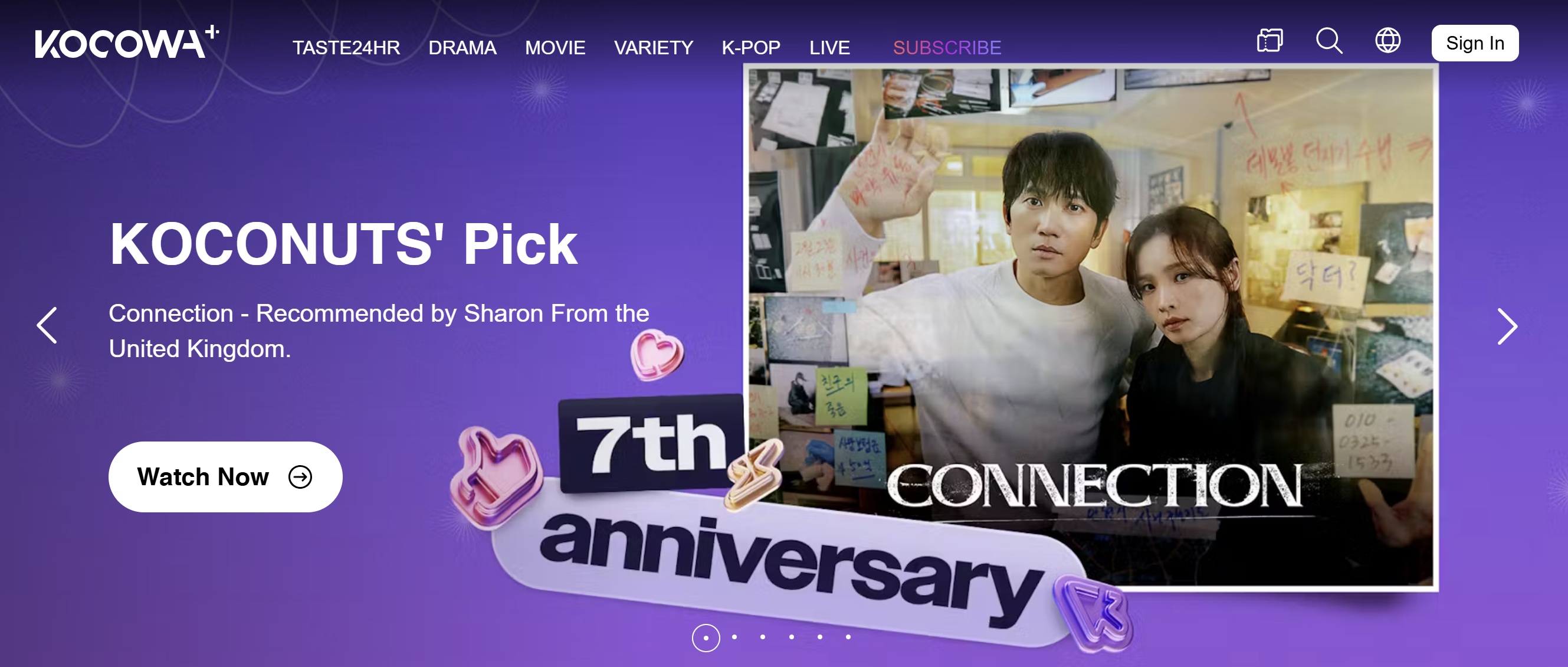
[유럽에 진출한 코코와]
금년 4월 코코와는 미국에서 성공을 발판으로 같은 영어권인 유럽 진출을 선언했다. 영국과 오세아니아를 시작으로 유럽 39개국에 진출하겠다는 계획을 실행에 옮겼다. 글로벌 시대에 진입한 지 상당히 많은 시간이 흘렀고, K콘텐츠의 세계화가 빠른 속도로 진행되고 있지만, 국내 플랫폼의 글로벌 시장 진출은 뚜렷한 성과를 내지 못하고 있다.
이러한 상황에서 미국을 기반으로 운영되고 있는 코코와가 유럽 콘텐츠 시장 진출을 선언하고 실행에 옮긴 것은 무모하게 보이는 것이 사실이다.
또한 유럽에서도 한류 붐이 확산되고 있다고 하지만, 미주 대륙이나 동남아시아 지역에 비교할 정도로 그 열기가 뜨거운 것도 아니다. 박대표는 왜 유럽에 코코와를 진출시킨 것일까? 유럽 진출 후 4개월 밖에 지나지 않았지만, 박대표가 코코와 유럽 진출에 대해 어떻게 평가하고 있을지 궁금했다. 또한 토종 OTT 플랫폼의 글로벌 진출을 위해 어떤 시각과 전략이 필요한지 질문을 던졌다.
In April of this year, Kocowa announced its expansion into fellow English-speaking countries in Europe, capitalizing on its success in the United States. Starting with the UK and Oceania, the company has put into action its plan to enter 39 European countries.
It has been quite a while since we entered the global era, and the globalization of K-content is progressing at a rapid pace, but the entry of domestic platforms into the global market has not yielded any significant results.
Under these circumstances, it seems reckless for Kocowa, which is based in the United States, to announce and execute its entry into the European content market. Also, although the Hallyu boom is said to be spreading in Europe, it is not as hot as in the Americas or Southeast Asia.
Why did Park decide to bring Kocowa to Europe? It's only been four months since the company launched in Europe, but we wanted to know how Park assesses Kocowa's European expansion, and what perspectives and strategies are needed for indigenous OTT platforms to go global.
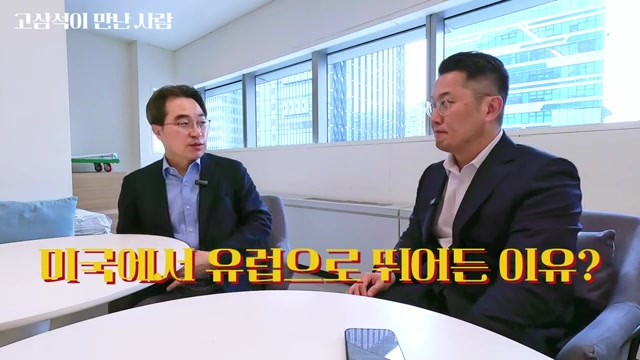
고: 코코와 유럽 진출 후 4개월이 지났습니다. 유럽 코코와 이용자들의 이용 특성이나 트렌드 같은 것들이 포착되었을 것 같은데, 어떻습니까?
박: 저는 유럽 콘텐츠 시장이 북미하고 굉장히 흡사할 거라고 생각했는데, 실제로 데이터를 봤더니 콘텐츠를 소비하는 행태나 소비 장르도 많이 달랐습니다. 애초 생각했던 것과 다른 데이터가 너무 많이 나와서 “아, 우리가 마켓을 정확하게 모르고 있었구나”라고 느꼈습니다. 확실히 선제적으로 빨리 들어와서 현지 시장을 들여다 보는 것이 중요하다고 생각합니다.
Dr. Ko: It's been four months since Kocowa launched in Europe. Do you think you've picked up on any trends or characteristics of European Kocowa users?
Mr. Park: I thought the European content market was going to be very similar to North America, but when we actually looked at the data, the behavior and the genre of content consumption was very different. There were so many data points that were different from what we originally thought that we realized, "Oh, we didn't know the market correctly." I think it's definitely important to be proactive and come in early and look at the local market.
고: 유럽 콘텐츠 시장에 대해 처음 갖고 있던 생각과 직접 뛰어들어 경험한 후 느낀 점이 있다면, 가장 큰 차이는 무엇입니까? 설명을 좀 해 주시죠.
박: 북미는 사실 영어 단일 국가이고 대형 OTT 플랫폼이 많이 있습니다. K콘텐츠를 접할 수 있는 경로도 상당히 많죠. 그러나 유럽은 생각보다 우리 같은 플랫폼이 많지 않습니다. 그래서 굉장히 한류에 목말라 있는 상태라고 느꼈습니다. 몇 년 전 미국을 보는 듯한 느낌이 었거든요. 현재 미국은 K드라마나 팝의 위상이 많이 올라가 있는 상황입니다. 반면 유럽은 특히 비디오 콘텐츠 소개가 많이 되어 있지 않기 때문에 한류만 놓고 본다면 “아직은 미지의 세계다” 이렇게 보셔도 됩니다.
Dr.Ko: What's the biggest difference between your initial thoughts about the European content market and what you've realized now that you've dived in and experienced it for yourself? Can you explain?
Mr. Park : North America is actually a monolingual English language country, and there are many large OTT platforms. However, Europe doesn't have as many platforms as we do, so I felt that they are very thirsty for Hallyu, and I felt like I was looking at the U.S. a few years ago, where K-dramas and pop are very popular right now. Europe, on the other hand, doesn't have a lot of video content, especially, so if you look at Hallyu, it's like, "It's still uncharted waters."
[글로벌 K플랫폼을 위한 조언]
고: 박 대표님은 도전자 입장에서 지금까지 많은 난관을 헤치면서 여기까지 왔거든요. 우리나라 콘텐츠나 미디어 기업들이 플랫폼으로 해외 진출할 때 가장 중요하게 고려해야 할 것은 무엇인가요? 우리나라 미디어 기업들이 글로벌 OTT에 콘텐츠를 만들어 공급하는 것 외에 해외 이용자들을 직접 상대하면서 비즈니스 하는 것을 찾아보기 어려운데, 조언을 해주신다면?
박: 플랫폼은 서로 적대적이고, 뭔가 뺏고 빼앗기는 것이라고 생각하는 분들이 많은데, 열린 자세로 서로 협력적으로 일을 진행하는 것이 필요합니다. 글로벌 선두 기업들과 좀 더 협력적인, 그리고 좀 더 발전적인 관계를 구축해야 합니다. 한국 기업들이 제조업은 굉장히 잘하고, 반도체나 IT분야도 굉장히 뛰어난 반면, 미디어 사업에 있어서는 솔직히 미국의 핵심 기업들과 협업하거나 미디어 생태계에 제대로 들어가서 플레이하는 경우를 거의 본 적이 없습니다. 국내 사업자들도 해외 시장과 접점을 확대하고 글로벌 사업자들과 협력을 통해 성공적인 진출을 도모해야 합니다.
Dr.Ko: Mr. Park, as a challenger, you have overcome many obstacles to get to this point. What is the most important thing for Korean content or media companies to consider when going overseas with platforms? Aside from creating and supplying content to global OTTs, it is difficult to find Korean media companies doing business directly with overseas users, so what advice would you give?
Mr. Park : There are a lot of people who think that platforms are adversarial, that they are taking something away from each other, but we need to be open and work collaboratively with each other. We need to build more collaborative and more developmental relationships with global leaders. Korean companies are very good at manufacturing, they're very good at semiconductors, they're very good at IT, but in the media business, frankly, I've rarely seen them collaborate with key players in the U.S. or really enter and play in the media ecosystem. They need to expand their reach and collaborate with global players to be successful.
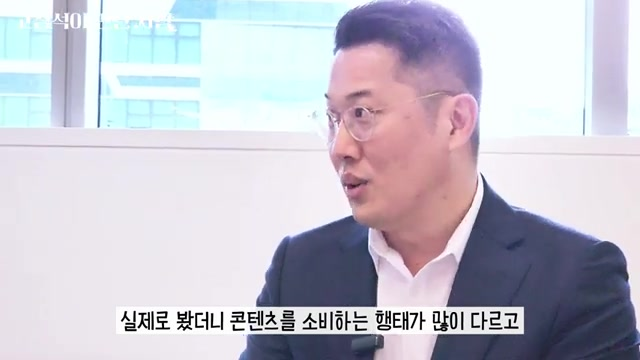
고: 올해 초 우리 정부도 문화체육관광부 주도로 토종 OTT 플랫폼과 콘텐츠의 해외 진출을 위한 협약을 맺었지만, 아직 특별한 변화의 조짐이나 진전이 없는 것 같습니다. 토종 OTT 플랫폼의 글로벌화, 어떻게 전략을 짜면 좋을까요?
박: 정부의 지원책이 미비했기 때문에 토종 OTT가 글로벌로 나갈 수 없다거나, 아니면 해외로 나가기 위해서는 사업자들끼리 뭉쳐야 하는데 그것이 안되고 있기 때문에 글로벌로 진출할 수 없다고 생각할 수 있습니다. 그러나 이런 생각은 타이밍을 놓치기 딱 좋은, 그래서 바람직하지 않은 판단이라고 생각합니다. 기업들이 주도적으로 각 시장의 특성을 파악하고, 연구하며, 전략을 세워서 해외시장에 진출하기 보다는 뭔가 리스크를 분산시키고, 다 함께 나가는 전략으로 피해를 좀 적게 보려는 것으로 보입니다.
개인적으로는 여러 미디어 기업들이 해외로 진출해야 한다고 생각합니다. 거기서 얻어지는 노하우를 서로 공유하면서 알지 못했던 길, 가지 않았던 다양한 길을 개척하면서 컨센서스를 만들어내는 게 필요합니다. 하나로 뭉쳐서 함께 나갔다 한번에 실패하면 다음은 없으니까요.
Dr.Ko: Earlier this year, the Korean government, under the leadership of the Ministry of Culture, Sports and Tourism, signed an agreement to help indigenous OTT platforms and content go overseas, but there doesn't seem to be any signs of change or progress yet. How should indigenous OTT platforms strategize for globalization?
Mr. Park You might think that indigenous OTTs can't go global because of the lack of government support, or that they can't go global because they need to band together to go overseas, but that's not happening. However, I think that's a bad idea because it's bad timing. Rather than taking the initiative to identify, study, and strategize the characteristics of each market and go overseas, I think companies are trying to spread the risk and take less damage by going together.
Personally, I think that multiple media companies should go overseas, and they should share their know-how with each other and create a consensus while pioneering various paths that they didn't know and didn't go down. We need to stick together and go out together, because if we fail once, there's no next time.
고: 한류 열기가 가장 뜨거운 동남아시아의 콘텐츠 시장은 어떤가요? 제가 봤을 때 동남아시아 시장은 국내 플랫폼들이 진출을 하면 지금은 승부를 볼 수 있을 것으로 생각합니다. 그러나 진출이 더 늦어진다면 미국계, 중국계, 그다음에 로컬 플랫폼들이 시장을 완전히 장악할 것으로 보입니다. 현지 사업자들과 협업을 통한 토종 OTT의 동남아시아 시장 진출 등 다양한 방법이 있을텐데요.
박: 유럽만 하더라도 다 있습니다. 유료 구독을 아주 쉽게 할 수 있습니다. 그런데 아시아는 좀 다릅니다. 아시아는 사실 콘텐츠를 무료로 보는데 익숙하고, 해적판들이 많습니다. 실제로 광고 기반으로 서비스를 해도 네트워크 비용도 못 건지는 경우가 많습니다. 대다수 플랫폼들이 아시아 시장이 크니까, 네트워크를 열면 돈이 벌리는 거 아니냐, 좋은 콘텐츠가 있는데 왜 안 벌리냐 이렇게 생각했다가 속된 말로 대부분 망했죠.
우리 플랫폼이 아시아 콘텐츠 시장을 주도할 수 있는 기회는 분명히 존재합니다. 말씀하신 대로 동남아시아로 진출할 때 “우리 콘텐츠가 좋으니 서비스로 그냥 오픈하면 되지” 이런 마인드는 굉장히 곤란합니다. 현지화 노력을 무시한 접근법입니다. 또한 동남아시아의 좋은 파트너들과 함께 협업 모델을 만든다면 좋은 성과를 만들어낼 수 있을 것으로 생각합니다.
Dr.Ko: What about the content market in Southeast Asia, where the Hallyu fever is hottest? I think the market in Southeast Asia is a contestable market right now, once local platforms enter, but if it takes longer, the market will be completely dominated by American, Chinese, and then local platforms. There are various ways for indigenous OTTs to enter the Southeast Asian market, such as collaborating with local operators.
Mr. Park : If you look at Europe, it's all there. It's very easy to get paid subscriptions. But Asia is a little bit different. Asia is actually used to watching content for free, and there's a lot of piracy. In fact, even if you do an ad-based service, it often doesn't even cover the cost of the network. Most of the platforms thought, "Well, the Asian market is big, so if we open a network, we'll make money," or "We have good content, so why don't we monetize it," but they were fooled.
There is definitely an opportunity for our platform to lead the Asian content market. As you said, it's very difficult to go into Southeast Asia with the mindset of "our content is good, so we'll just open it up as a service". It's an approach that ignores the localization effort. I also think that if we create a collaborative model with good partners in Southeast Asia, we can do some good things.
고: 글로벌하게 비즈니스를 하는 유일한 토종 OTT인데도 불구하고 코코와가 미국 법인이다보니 우리 정부의 지원을 받는데 제약이 있는 것 같습니다. 사실 이런 문제는 정부가 좀 융통성을 발휘하면 얼마든지 지원이 가능하다고 보는데, 어떻게 생각하십니까?
박: 정부의 직접 지원의 경우 제약은 있습니다만, 미국 현지에서 우리 저작권 보호 사업 등 정부와 협업 모델을 하나씩 만들어 가고 있습니다. 콘텐츠 불법유통이 사라지는 등 성과도 있습니다. 냉정하게 얘기하면 현재 국내 콘텐츠 제작사들은 ‘콘텐츠 제작 납품업체’ 수준에 머물러 있습니다. 정부의 지원이 그런 사업자가 쓰러지지 않도록, 제작 생태계가 무너지지 않도록 모태 펀드 등 자금을 계속 수혈하고 있는 상황입니다. 그것보다는 국내사업자들이 글로벌 콘텐츠 플랫폼의 포트폴리오 안으로 들어가서 서비스 제공사업자나 프로덕션 같은 한 단계 높은 위치에서 역할을 하도록 지원을 해줘야 합니다. 코코와는 그런 역할을 잘해 왔다고 자부합니다.
Dr. Ko: Despite being the only domestic local OTT doing business globally, it seems that Kocowa is limited in receiving support from our government because it is a U.S. corporation. In fact, I think the government can support it as long as it is flexible, but what do you think?
Mr. Park : There are limitations in terms of direct government support, but we are creating collaboration models with the government one by one, such as our copyright protection business in the US.
There are results, such as the disappearance of illegal distribution of content. To put it bluntly, domestic content producers are currently at the level of 'content production vendors'. The government is still pumping money into them to keep them afloat and to keep the production ecosystem from collapsing.
Instead, we need to support them to get into the portfolio of global content platforms and play a role at a higher level, such as service providers or producers. I think we've done a good job of that with Kocowa.
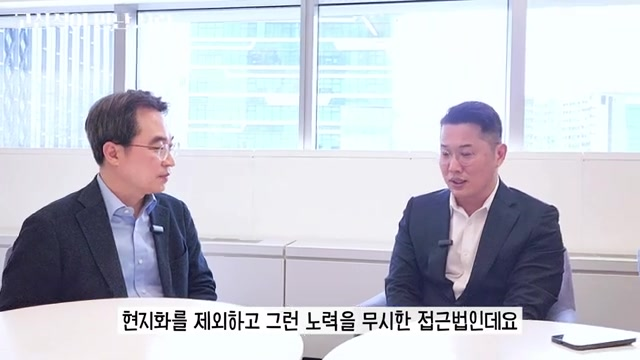
고: 그동안 정말 많은 일을 해왔고, 적지 않은 성과를 이뤄냈다고 봅니다. 마지막으로 올 해 하반기 계획을 듣고 싶습니다. 회사 안팎으로 많은 변화가 일어나고 있는데요, 올 해 이 일은 꼭 마무리를 해야겠다 이런 계획이 있으면 마지막으로 말씀해 주시죠.
박: 글로벌 콘텐츠 시장에 굉장히 많이 흩어져 있는 한류의 밸류를 모두 끌어 모아서 성장의 모멘텀을 다시 만드는 것이 일차 목표입니다. 코코와가 적은 자금으로 여기까지 힘들게 성장해왔습니다만, 지금 더 늦으면 안 될 것 같습니다. 마켓의 밸류를 빨리 코코와라는 용기 안에 담고 모아야 시장이 흔들릴 때 그것을 레버리지로 사용할 수 있지 않나 그렇게 생각합니다.
코코와를 미디어 혹은 콘텐츠 플랫폼 기업이라고 하지만 사실 근간은 테크 기업입니다. 저희가 계속 수익을 내고 뭔가 실수를 안 할 수 있었던 이유는 내부의 굉장히 뛰어난 엔지니어들이 만들어낸 선진적인 플랫폼 때문에 콘텐츠를 효율적으로 유통하고 비즈니스 가치를 발현할 수 있었습니다. 다시 말해서 분석된 데이터를 가지고 의사 결정을 계속 해왔기 때문에 이렇게 살아남을 수 있었다고 생각합니다. 이제 그 노하우는 충분히 얻었으니 본격적으로 투자를 받아서 시장을 새롭게 개척하는데 비용을 쓸 때가 되었다고 생각합니다. 저는 코코와가 지금보다 적어도 세 배 이상 성장할 수 있지 않을까 예측하고 있습니다.
Dr. Ko: You've done so much, and I think you've accomplished quite a bit. There are a lot of changes happening inside and outside the company, and I'd like to hear your plans for the second half of this year. If you have any plans, please tell us about them.
Park: Our primary goal is to rebuild the momentum of growth by gathering all the value of the Korean Wave, which is scattered all over the global content market. Kocowa has grown up to this point with little funding, but I don't think it's too late now. I think the sooner we can capture the market's value in a container called Kocowa, the sooner we can use it as leverage when the market falters.
We call ourselves a media or content platform company, but we're really a tech company at heart. The reason we've been able to stay profitable and not make any mistakes is because we have an advanced platform, built by very talented engineers, that allows us to efficiently distribute content and unlock business value. In other words, I think we've been able to survive because we've been making decisions based on analyzed data, and now that we've gained enough know-how, I think it's time for us to get some serious investment and spend money to open up new markets. I'm predicting that Kocowa can grow at least three times as much as it is now.
[강한 의지는 새로운 내일을 만든다( If you overcome obstacles and limitations with a strong will and a well-thought-out strategy, a whole new world opens up behind you)]
인터뷰를 진행하는 동안 박대표의 답변은 막힘이 없었다. 지난 7년 동안 미국에서 코코와를 이끌면서 온몸으로 경험했던 것들을 거침없이 쏟아내었다. 개인이든, 기업이든 성장하는 과정에서 장애물을 만나고, 유무형의 한계를 느끼는 것은 동일하다. 거기에 순응하면 더 이상의 성장은 불가능하다.
강한 의지와 치밀한 전략을 가지고 장애물과 한계를 뛰어넘는다면 그 뒤에는 전혀 새로운 세상이 펼쳐진다. 박근희 대표의 새로운 도전을 기대하고, 그와 토종 OTT 코코와가 글로벌 무대에서 더 큰 성과를 내달라고 응원하면서 인터뷰를 마무리했다.
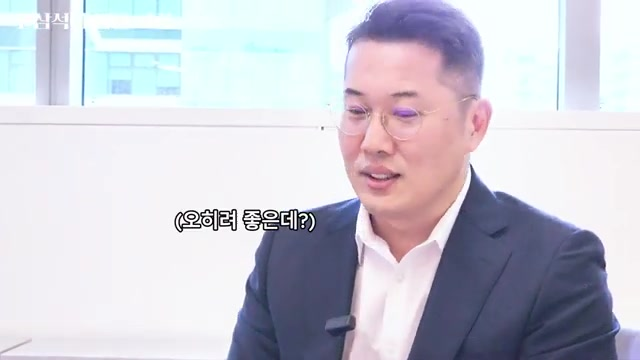
During the interview, Park's answers were uninhibited. He spilled his guts about his experiences leading Kocowa in the U.S. for the past seven years.
Whether you're an individual or a company, you're bound to encounter obstacles and feel tangible and intangible limitations along the way.
If you conform to them, further growth is impossible.
If you overcome obstacles and limitations with a strong will and a well-thought-out strategy, a whole new world opens up behind you. We concluded the interview by wishing Mr. Park a new challenge and cheering him and native OTT Kocowa on to greater achievements on the global stage.

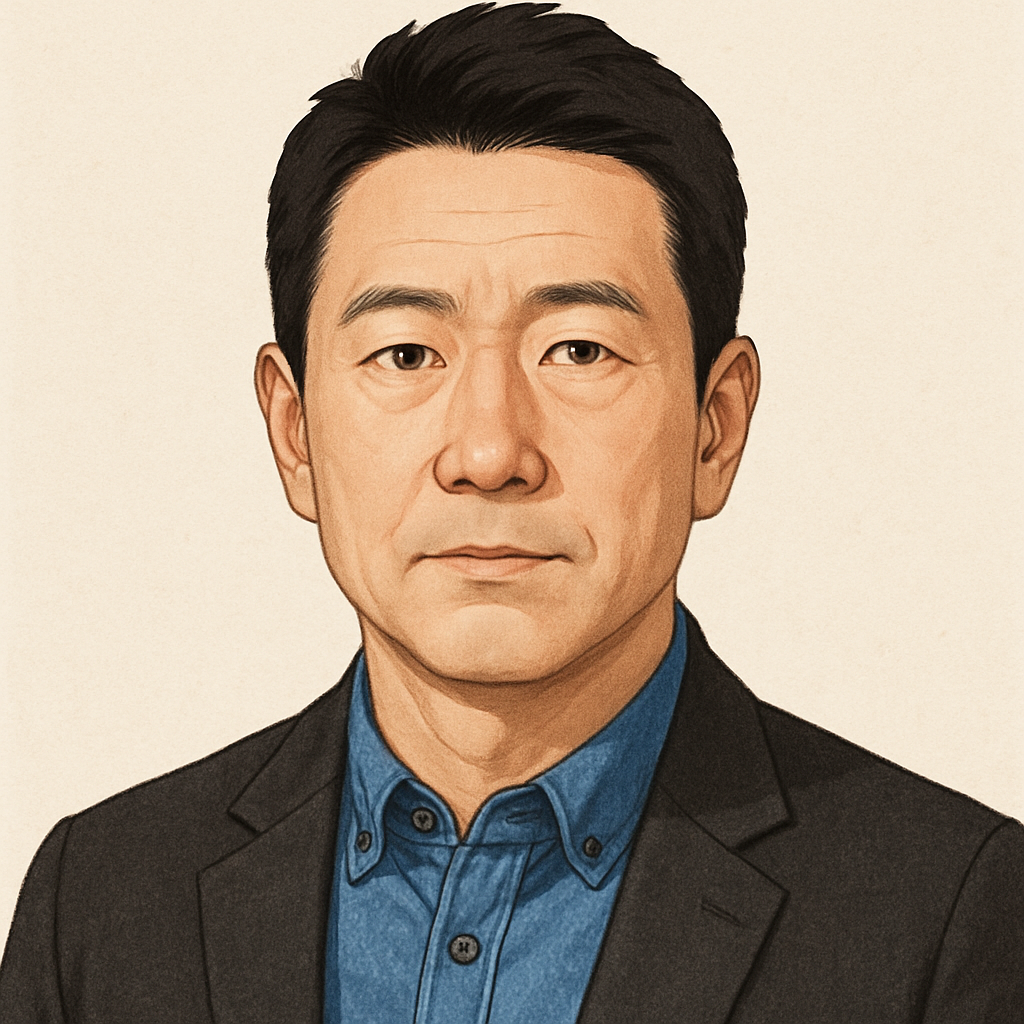


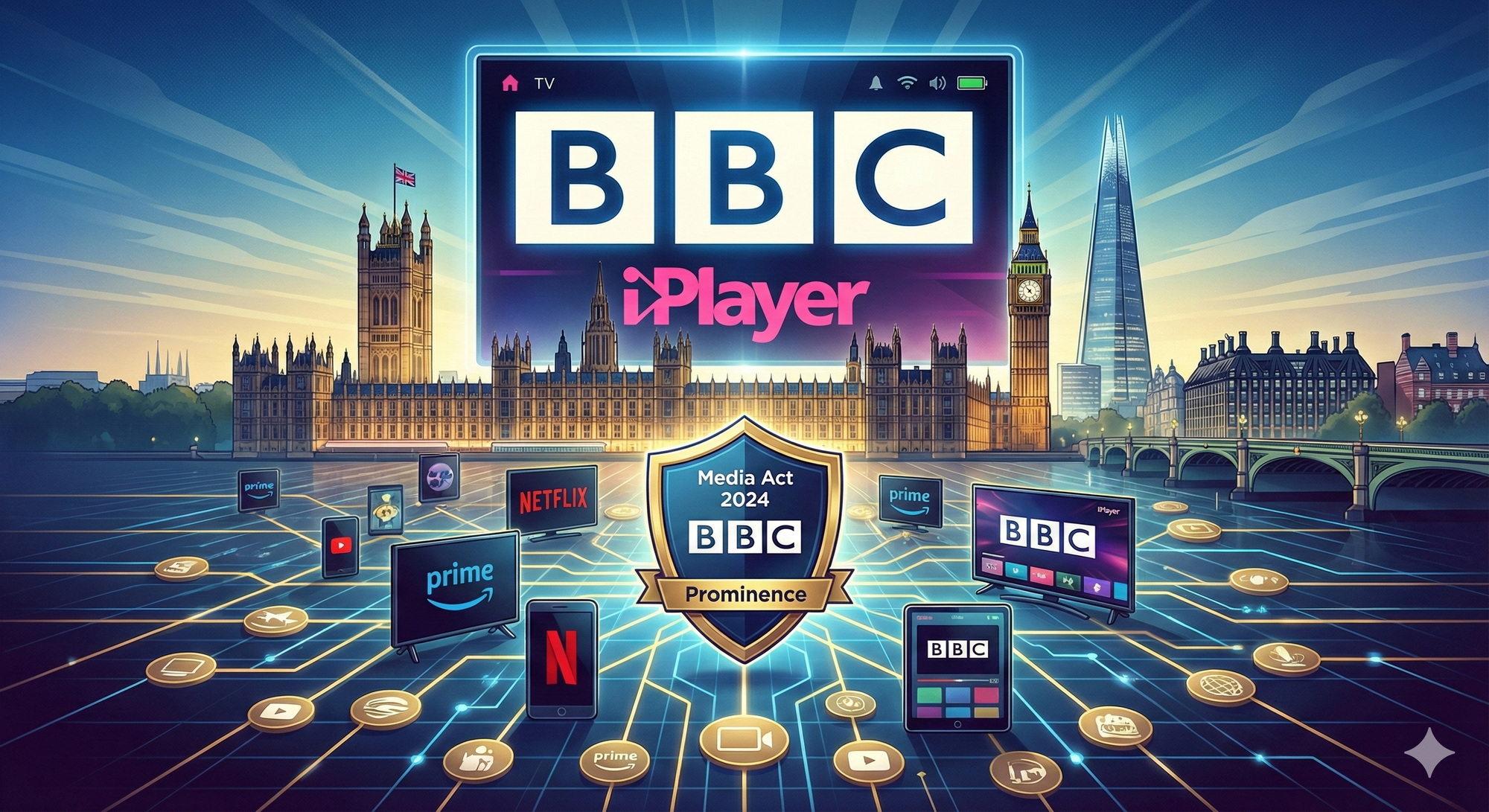
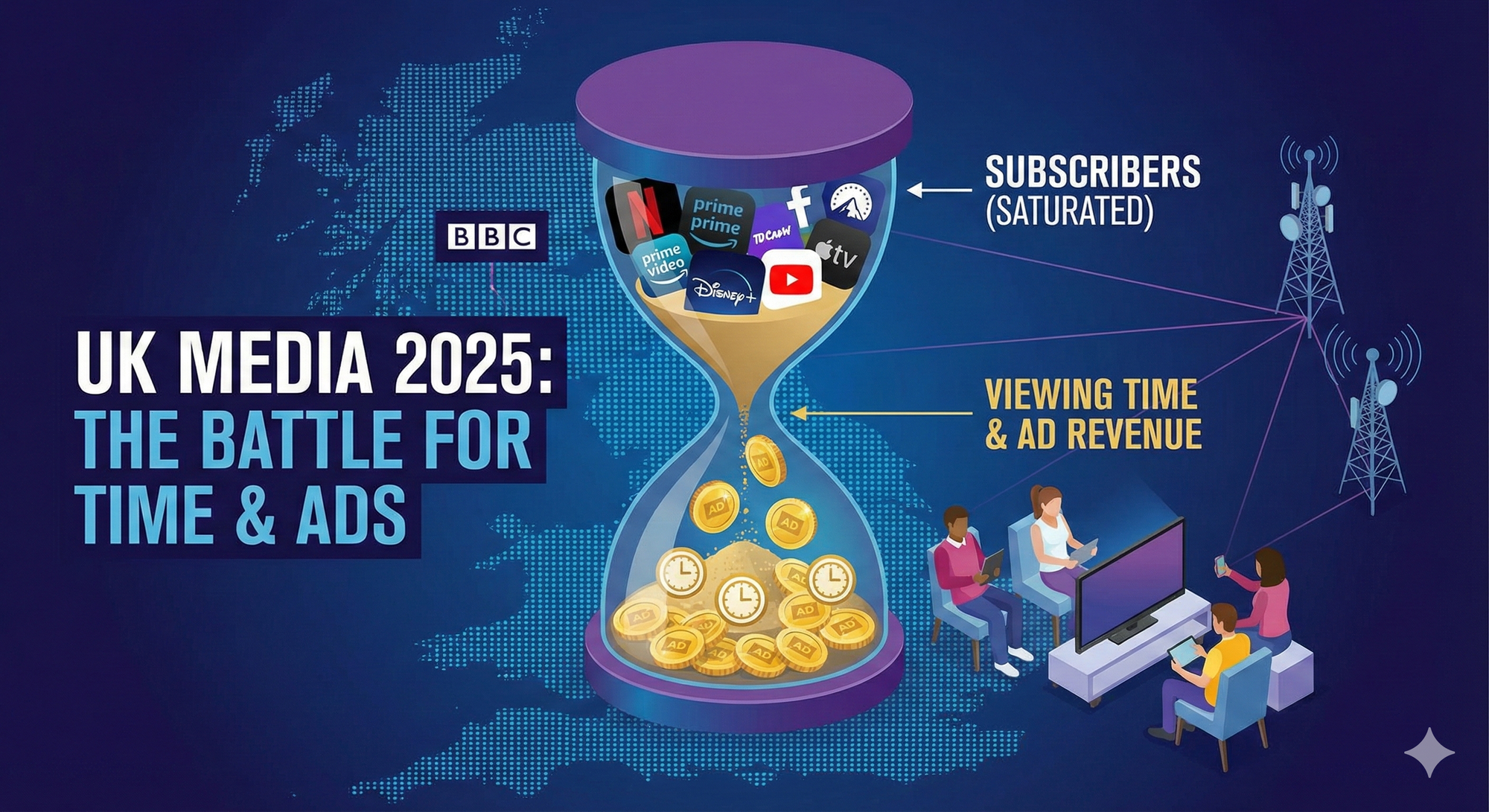

![[프리미엄 리포트] 미국 케이블TV 2025, 변화와 미래 전략](https://cdn.media.bluedot.so/bluedot.directmedialab/2025/05/vj931j_202505270106.png)
